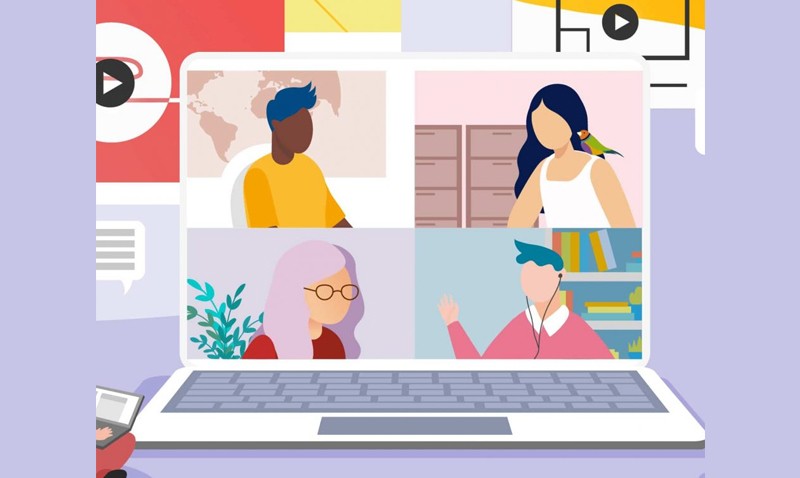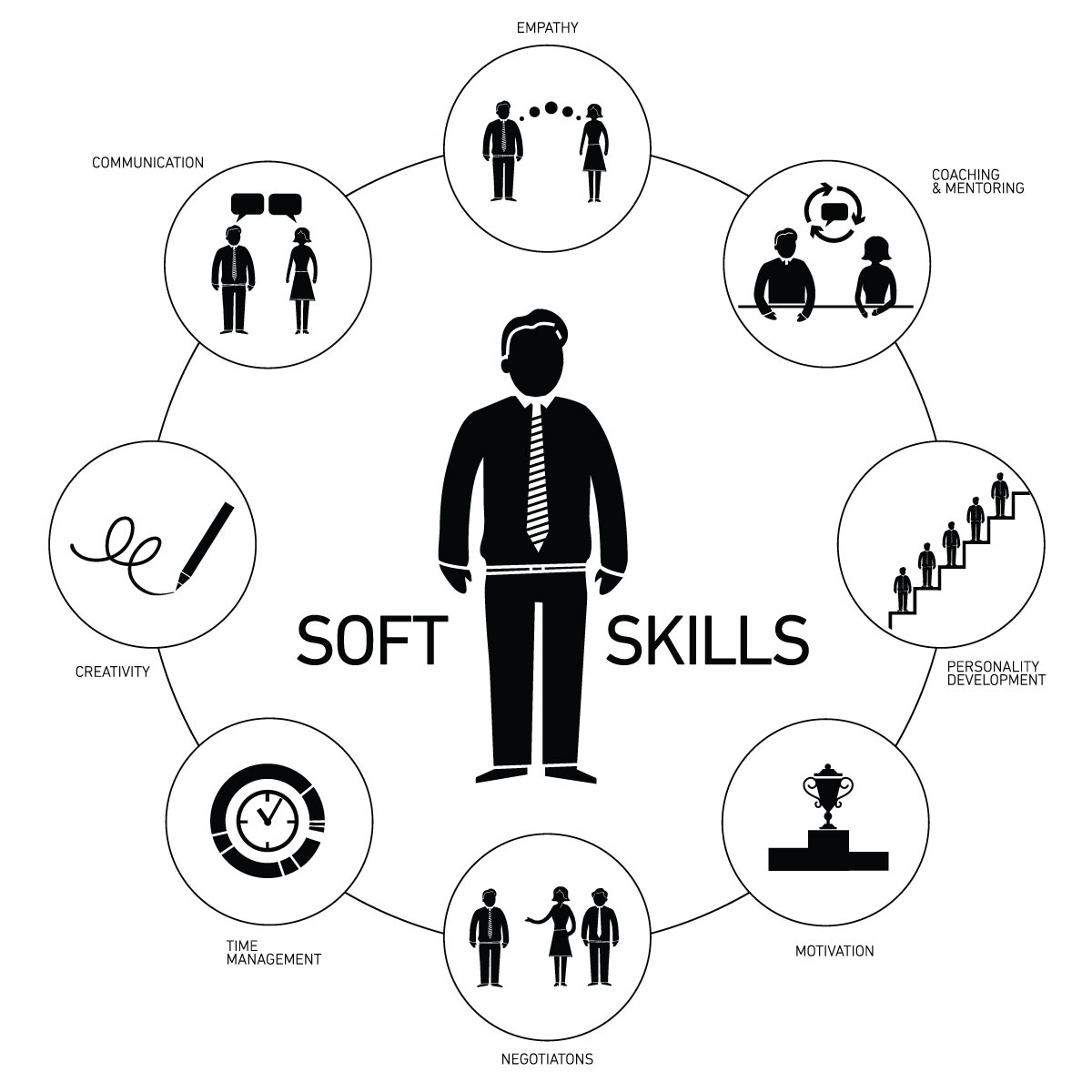On a Tuesday afternoon class on July 15th, I watched my students stare at the whiteboard during an online class without “BLINKING”. While all of them had a vast opportunity to make connections with each other in a class of thirty, half of them were looking for connections on their cell phones, scrolling tirelessly through their feeds while the other half sat there distracted.
I realized it was time for feedback. There was undoubtedly something about my pedagogy that was not working, despite how hard I tried to make it work. After one big session of qualitative feedback and discussions, we concluded that the students were not bored because of the ‘teaching style’ or the ‘curriculum’ but because they were so tired of missing out on the “college experience.” To put it differently, a consistent lack of human touch from a young student’s life in a socially distant and virtual system had started becoming a serious concern, and not many of us were/are talking about it.
Therefore, here I am with some hand-picked tools from the pool of “Positive Psychology” to activate the offline experience in an online setting:
Tool 1: Unprecedented engagement through a Mind-Body connection
The attention span during an online session is way less than an offline session. Multiple distractions are at play, and it becomes a necessity to increase the levels of student engagement. While brainstorming and mentally stimulating activities can enhance this engagement, I recommend here also include certain tasks that enable movement and demand the brain and body to work together. Simple techniques like an online scavenger hunt, stretching in the chair, looking for a suitable example around the house or having a sip of water can restore the mind-body connection, refresh the minds of the students and enhance their attention spans.
Tool 2: Emotional experience and emotional expression
One thing that made college interesting was the unpredictable range of emotions. One never knew that at what moment they will end up being excited, nervous, happy, sad, surprised, humoured or anything else. However, what really added meaning to those emotional experiences was your ability to express and share them with your mates. Some good ways to go about it is by interacting in a video mode, using self-reflection exercises, experience sharing and including elements of surprise during a class session.
Tool 3: Social Relationships
College years have always been fruitful in the development of social skills and social confidence. Hanging out with friends, socializing in college clubs, inter-college competitions, events or maybe something as simple as a group study could add a charm to the boring week. Well! The good news is that you can still do all of it in an online setup. Some ways would include running virtual clubs, singing a group song, a jam session, surprise birthdays, hosting a watch party or a virtual dinner with your classmates from the comfort of your homes. These small ways can help boost your social relationships while adding a more personal touch to them.
Tool 4: Savouring and Avoiding kill-joy thinking
The pandemic has been tough, and it has been challenging for all of us. At some point, it just becomes important for us to cultivate a sense of optimism and savour what we have till we have it. One essential key to this process is to stop devaluating or underestimating a positive virtual experience by only focusing on its imperfections. Instead, look at the bright side and savour your virtual semester.
Last but not least, Tool 5: Mindfulness
‘Mindfulness’ or ‘being present in the present has become part and parcel of life during COVID years. The same can be incorporated into the virtual classroom to help students relax and focus better. A number of techniques can be used in a virtual setting like breathing exercises, a pre-recorded guided meditation, imagery, or mindful photography. These simple methods can go a long way in enabling the student to be more rooted in the present.
That’s all, folks! I hope you enjoyed reading through these tools, and I look forward to hearing your thoughts on using them to enhance learning and engagement. Let us know of more such tools in the comments below!






